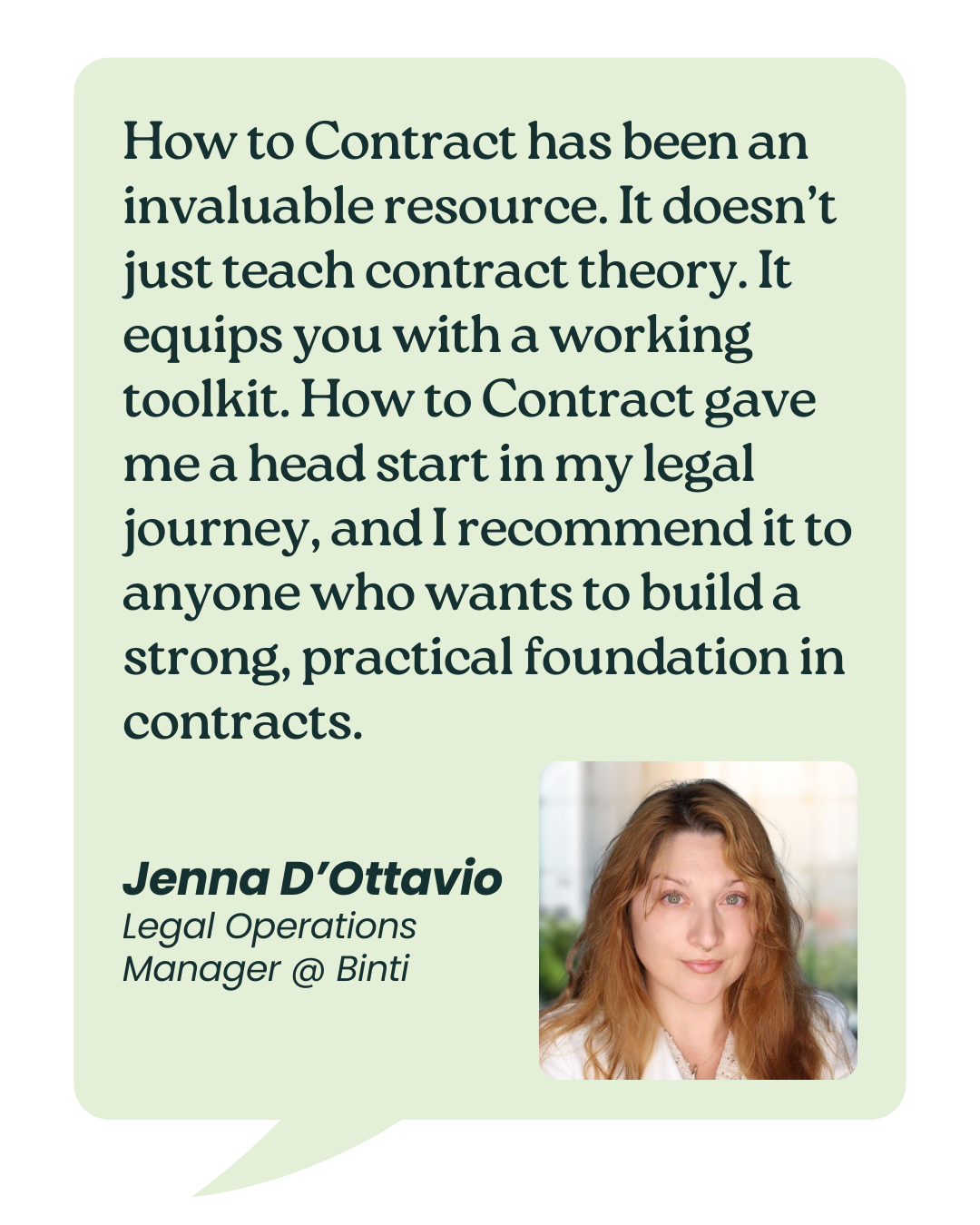
Ownership of Intellectual Property Rights Created During the Contract Term
Who Should Own Intellectual Property Created During a Contract?
One common debate in contract negotiations is which party should own intellectual property rights resulting from work during the term.
Most customers want to own the rights.
They justify this demand with arguments such as -
- we are paying for it and so we should own it,
- we don't want you licensing this innovation to our competitor, and
- we need ownership to ensure we have rights even if you are sold or become insolvent.
Vendors may insist that they own the rights.
Their arguments include:
- the economics of the deal do not justify transferring ownership to the customer,
- we must keep ownership of everything that becomes integral to our product, and
- what we make for you is difficult to differentiate from the rest of our product.
There is no one answer to this debate.
Alternatives When You Can’t Secure IP Ownership
The good news is that even if you don't prevail on ownership, you may be able to accomplish much of what you want through a broad license and other terms.
When we don't get ownership in the IP rights, I include a broad license that I call "ownership lite." Not true ownership, but with the freedom to use the IP as we want.
Here's a link to the original LinkedIn post so you can read the comments.
How to Contract's membership is designed to help you build real-world expertise with commercial contracts. Get access to our comprehensive system of live and on-demand courses, weekly lessons, detailed playbooks, and more. Join today!







